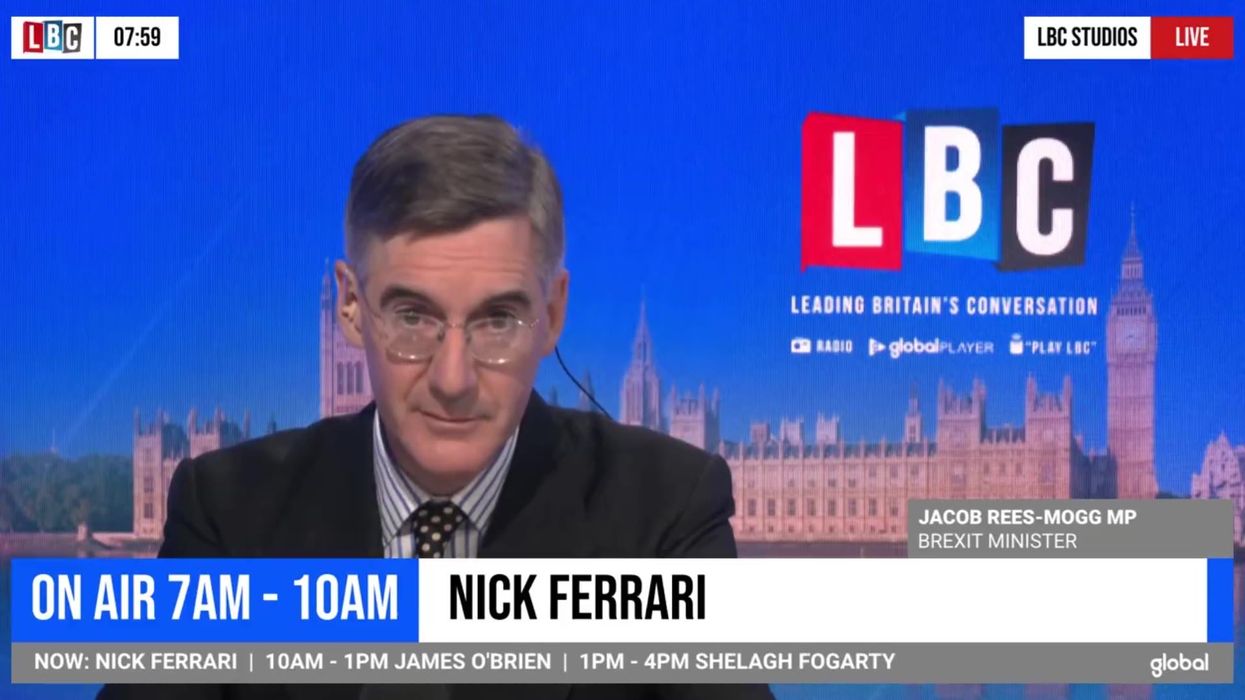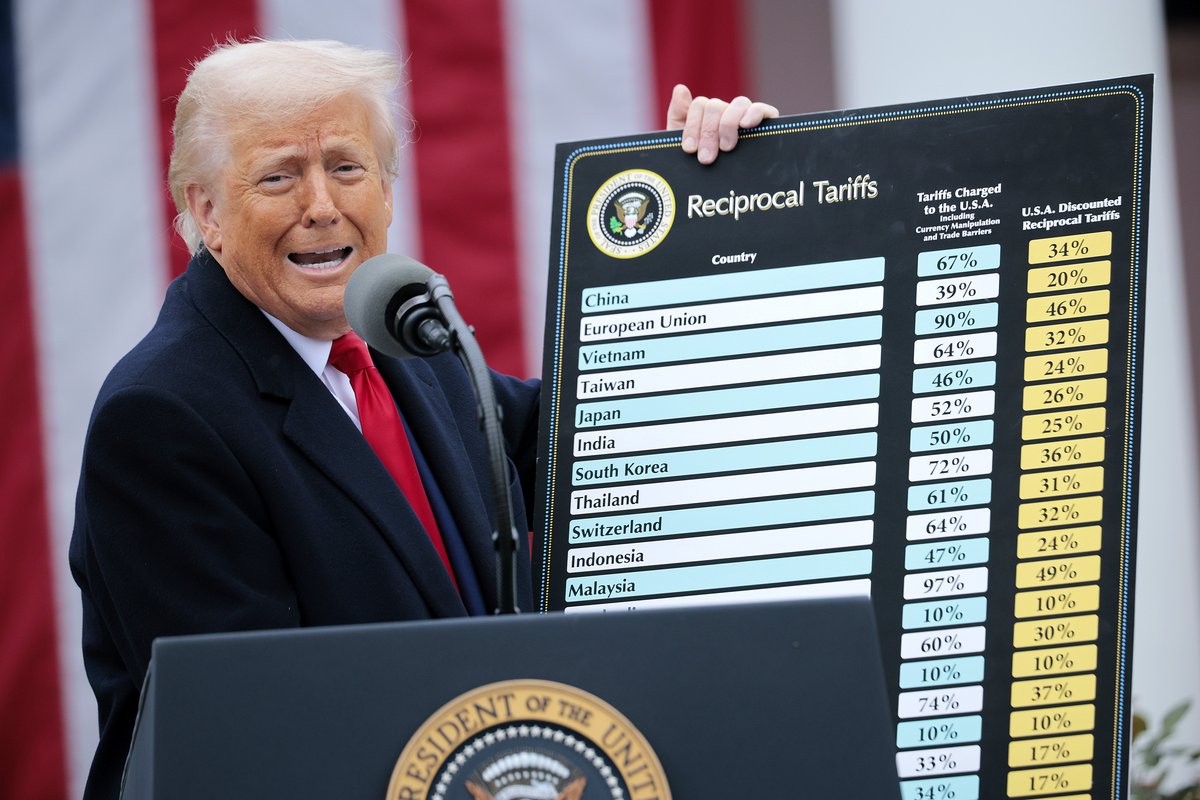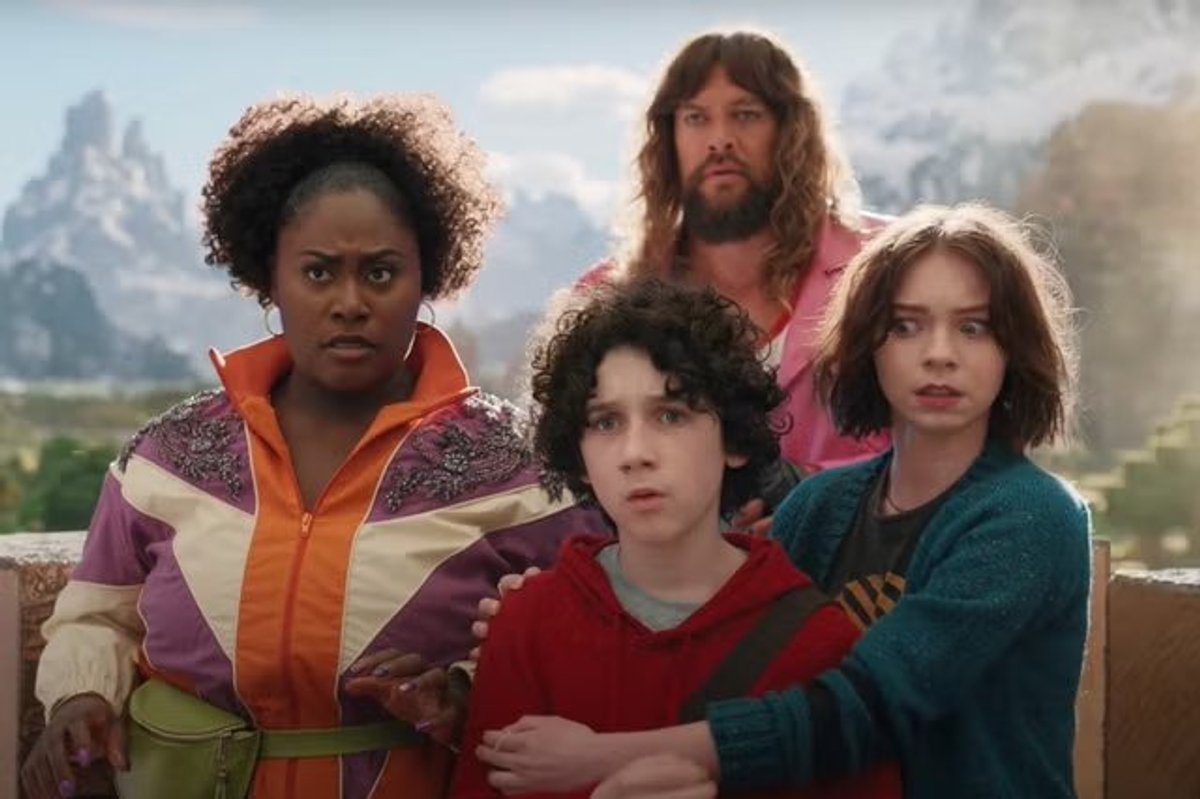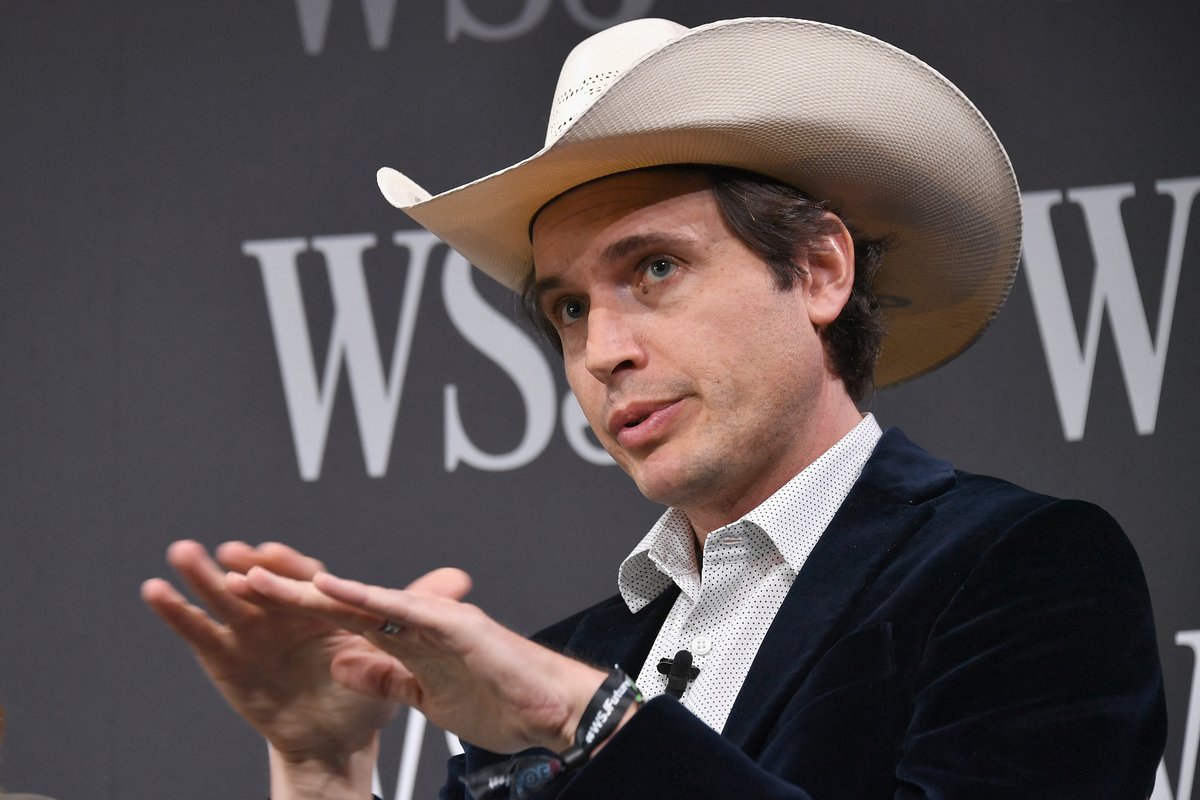Kate Plummer
Sep 07, 2022
Jacob Rees-Mogg admits he 'got it wrong' about Brexit delays in Dover
Indy
A new prime minister begets a new cabinet, and everyone's least favourite toff Jacob Rees-Mogg has been appointed to the role of secretary of state for business, energy and industrial strategy by Liz Truss.
He was previously the minister for Brexit opportunities, which appeared to be a cosmetic role in which he trotted around broadcast studios to defend the indefensible and gaslight the country about queues in Dover and other issues.
So now he's got a Proper Job and is charged with overseeing the country's energy and climate strategy, and leading the government's relationship with business, a role previously undertaken by Kwasi Kwarteng who has now been promoted to chancellor.
Sign up to our free Indy100 weekly newsletter
He will make decisions about onshore wind and potentially fracking, alongside meeting ambitious targets for offshore wind, solar, nuclear and oil and gas.
\u201cNew Secretary of State @Jacob_Rees_Mogg was welcomed at @beisgovuk this evening, including by Permanent Secretary Sarah Munby.\n\n"We have the most terrific amount of work to do," he told staff.\u201d— Dept for BEIS (@Dept for BEIS) 1662500521
It's not up to us - we didn't even get to vote for the new PM - but had we the opportunity to fill the new cabinet, we would have thought twice, or even thrice, before giving Rees-Mogg the keys to BEIS.
Why? Let us count the ways...
1. "Climate alarmism".
Rees-Mogg has claimed that “climate alarmism” is responsible for high energy prices and that it is unrealistic for scientists to project future changes to the climate because meteorologists struggle to correctly predict the weather.
2. Fossil fuels
In April 2022, he said he wanted “every last drop” of oil and gas to be extracted from the North Sea as he dismissed warnings that a renewed push for fossil fuels would ruin the UK’s chances of achieving net zero by 2050.
3. Fracking
He has also described the idea of reopening shale gas sites as “quite an interesting opportunity”, comparing the fracking threat to “a rock fall in a disused coalmine”.
4. Somerset Capital
In 2014, he was referred to the parliamentary standards watchdog for failing to disclose interests in a company with millions of pounds invested in fossil fuel, mining, and tobacco firms when speaking in relevant debates, the Independent reported.
\u201cThe new energy secretary during an ever escalating climate crisis\u201d— James Felton (@James Felton) 1662496849
5. "Green doomsayers"
In an article in The Telegraph, written in 2013, Rees-Mogg dismissed fears about rising emissions and said it was wrong to make policy based on these fears, even going as far as to compare climate change scientists with those who wrongly predict the weather.
He wrote: "Clearly expectations of a final disaster are part of man’s psychology and the doomsayers of the quasi religious green movement fit the bill. Perhaps one day the world will end, giving the last group to predict it the satisfaction of being right – but as many have been wrong so far it does not seem wise to make public policy on the back of these fears.
"It is widely accepted that carbon dioxide emissions have risen but the effect on the climate remains much debated while the computer modelling that has been done to date has not proved especially accurate … common sense dictates that if the Meteorological Office cannot forecast the next season’s weather with any success it is ambitious to predict what will happen decades ahead."
6. "Mankind is adaptable"
In 2014 to Chat Politics, Rees-Mogg suggested people were adaptable and that we need to be "realistic" about how much we can change.
He said: "I would like my constituents to have cheap energy rather more than I would like them to have windmills.
"I think we have to be realistic about what we can change, the timescale over which we can change it, and actually I think mankind is highly adaptable, and we need to look at more adaptability rather than changes in behaviour."
7. "Net zero is going to be a huge regulatory cost"
This year at the Centre for Policy Studies, Rees-Mogg moaned about the price of protecting the climate. He said: "Net zero is going to be a huge regulatory cost and that is an issue for the country to face and to face up to … If we were to have a ‘one in, one out’ or ‘one in, two out’ rule [where a piece of regulation is scrapped for every new one instituted], you would end up excluding net zero, as we previously excluded EU regulation, and then you’re tinkering at the edges because you’re ignoring the biggest piece of regulation."
8. Voting record
Rees-Mogg has voted against some measures to help the climate. He voted against requiring the setting of a target range for the amount of carbon dioxide (or other greenhouse gases) produced per unit of electricity generated, against setting a decarbonisation target for the UK within six months of June 2016, and not to reduce the permitted carbon dioxide emission rate of new homes.
9. What other people think
Many remain concerned about Rees-Mogg's green credentials. Sir Ed Davey, Leader of the Liberal Democrats told the FT: “For years Jacob Rees-Mogg has been on the wrong side of the argument. The last thing we need is another climate dinosaur like Rees-Mogg.”
“No government that’s remotely serious about tackling the twin climate and nature emergencies would even contemplate putting Jacob Rees-Mogg in charge of that portfolio,” said Caroline Lucas, the Green MP for Brighton Pavilion. “He’s the worst possible candidate at the worst possible moment.”
Ed Miliband, shadow secretary of state for climate change and net zero for Labour, said: “We need an energy secretary for the 2020s not the 1820s. But everything that Jacob Rees-Mogg has said on energy is stuck in the past.”
“If ministers had acted on Rees-Mogg’s views then Britain would be even more exposed to skyrocketing energy bills this winter, more dependent on expensive fossil fuels and even less prepared to tackle the climate crisis.”
“This will either be a massive own goal for Truss’s efforts to tackle the cost of living crisis or Rees-Mogg will have to do the steepest learning curve in history as he gets to grips with the issues facing our country,” said Rebecca Newsom, head of politics for Greenpeace UK.
Have your say in our news democracy. Click the upvote icon at the top of the page to help raise this article through the indy100 rankings.
Top 100
The Conversation (0)














